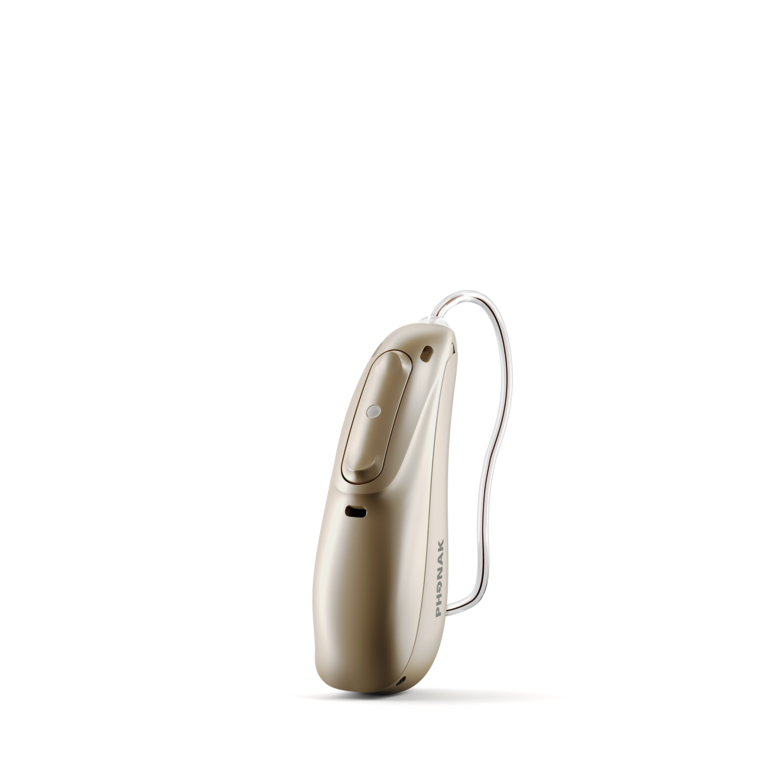9830074043 / 9088366638 / 9674366630 / 9674366632
Call Between 9:00 AM To 9:00 PM
CLICK HERE FOR HEARING AID PRICE



Publish Date : 2024-01-09 03:47:55
A hearing aid is a wearable, electronic device typically prescribed by an audiologist that amplifies sound for the user. A Bluetooth hearing aid has the capacity to connect to other electronic devices like smartphones, laptops and televisions, which means it can be controlled through the user’s device of choice rather than through tiny on-device buttons or a remote. It also means users can play audio from their devices—such as music, movies or phone calls—directly through their hearing aid’s speakers.
Just like other devices with Bluetooth connectivity, Bluetooth hearing aids connect to other devices by using radio frequency to transmit data. The radio waves involved are weak—much weaker than those used for cell phone calls, for example—and as such only travel short distances. Connecting devices via Bluetooth is called “pairing” them and is most often done through an accompanying smartphone app. Beside this ability to connect to other devices within a short distance, Bluetooth hearing aids function the same as traditional hearing aids.
Some Bluetooth hearing aids come in rechargeable versions for users who prefer to avoid disposable batteries. Phonak offers rechargeable Bluetooth hearing aids, including the Paradise model on our list, with a single charge lasting a full day. (Most users charge these hearing aids overnight.) The Oticon More and Resound One hearing aids on our list can also be rechargeable.
Many hearing aid manufacturers don’t offer their products directly to consumers, so it can be tough to find accurate pricing with only a click. Hearing aids are also often sold as part of a “bundle” with additional services (like necessary follow-ups with an audiologist) so it may not be clear what a “sticker price” actually reflects. While many people with hearing loss are affected in both ears, hearing aids are usually priced individually, not as a pair.
There are many hearing aid options on the market with price tags reading less than $2,000, though not usually less than $1,500. Higher-end products often exceed $3,000, but it’s unlikely for a single hearing aid to exceed $4,000 significantly.
There are several perks to choosing hearing aids with Bluetooth compatibility, including:
There’s no current evidence to suggest that Bluetooth hearing aids pose any threat to users’ health. While some question whether the radiation from wireless hearing aids is associated with brain damage, no reliable research supports such hypotheses. In fact, Bluetooth technology has been used safely in hearing aid models from leading manufacturers for more than a decade.
Audiologists published in The Hearing Review state: “Consumers should be confident knowing that wireless hearing aids are safe and strictly regulated medical devices that meet governmental wireless communication standards in addition to those set forth for medical devices.”
Share with:
![]()
![]() Tweet
Tweet
![]()

